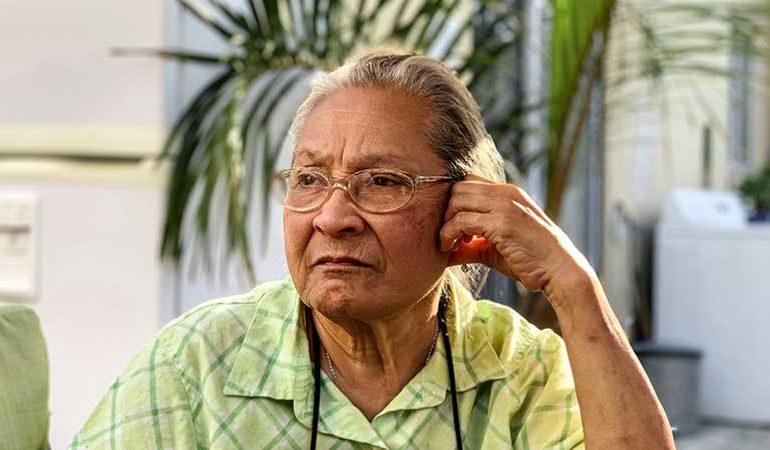Occupational Therapy is a treatment in every stage of life that is done to help people develop, recover, or maintain the skills they need for daily activities.
Occupational therapy for seniors is necessary as it helps them live an independent and productive life. This is by alleviating the challenges that are brought about by declining ranges of mobility.
How do occupational therapists go about this?
They assess homes and identify the areas that need amends to help the elderly live more comfortably. They also combine their efforts with those of caregivers to ensure that the elderly receive the necessary care.
Here are some of the benefits of occupational therapy for seniors:
- Overcoming everyday challenges
With time, seniors tend to deal with different problems, which include mobility. Challenges with motion affect the quality of life of a senior.
Occupational therapists use exercise, education, and rehabilitation to help the elderly to manage everyday tasks like dressing, bathing, using the restroom and eating. What occupational therapists do is focus on what the patients can do and hone their abilities to help them do daily tasks.
- Helps patients dealing with dementia
One of the problems that seniors face is memory loss. While such conditions may, to some extent, be irreversible, occupational therapists help a great deal with coping with memory loss. Through assessing the cognitive abilities of a patient, occupational therapists help with behavioral modification to deal with issues arising from behavioral changes.
Among the strategies that the therapists use include compensation and adaptation. The therapists encourage the seniors to do repetitive tasks and training caregivers on how to deal with changes brought about by memory loss.
- Recommend home modifications
As aforementioned, occupational therapists assess the homes o0f the seniors and suggest modification depending on the needs of the seniors. They observe how the seniors move around their homes every day and recommend changes that will make the home safer for the senior.
Some of the modifications may include installing slip-resistant flooring in bathrooms, installing grab bars, and installing medical alert systems.
- Help with vision loss
Occupational therapists and trained to assess the suitability of a caregiver and also help them manage workload. Caregiving can take a physical and emotional toll on an individual.
Occupational therapists are there to ensure that caregivers can strike a balance between their caregiving duties and their personal lives. This is through empowering the caregivers with the information they need to handle their tasks better and encouraging them to express themselves.
- Promotion of better health
On top of helping seniors cope with physical and mental conditions that come with age, they also recommend modifications that help the seniors experience a better quality of life.
Seniors have to go through several transitions, which can be very disorienting. Occupational therapists are there to ensure that they go through these changes effortlessly.
Maintaining independence as people get older is critical. While it may prove to be challenging when one is on their own, occupational therapy offers the best solution to staying active and maintaining a healthy lifestyle.

